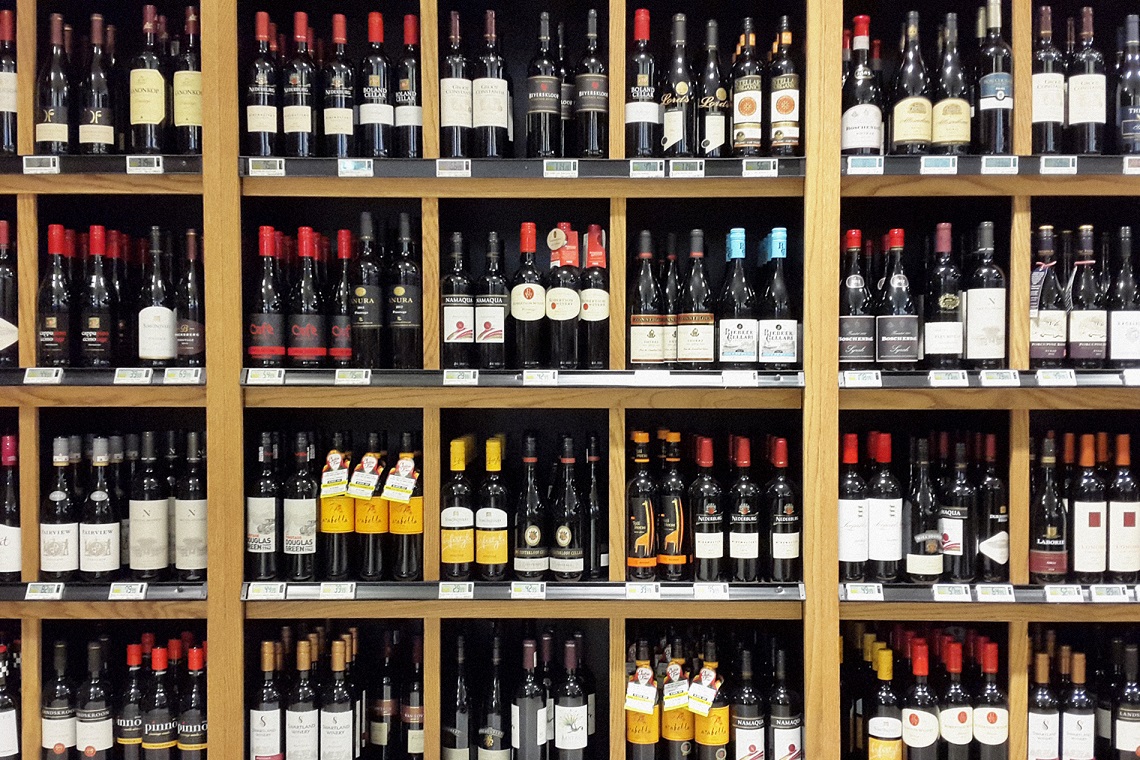Retail Drinks Australia has responded to a report released this month by the NSW Bureau of Crime Statistics and Research (BOCSAR) which links extended bottle shop hours to increased domestic violence (DV).
The report claimed that extending the regulated takeaway alcohol sales by one hour (from 10pm to 11pm) in December 2016 had caused “a very small but statistically significant increase in domestic violence (DV) assaults.”
However, as Retail Drinks has pointed out, this research acknowledged that a link between increased alcohol availability and increased violence could not be known due to a lack of industry data, including whether stores actually opened for longer hours when the regulation changed.
Retail Drinks CEO, Michael Waters, said there are several complex factors that lead to assault, and several more factors that must be considered when interpreting research results such as those in the BOCSAR report. The industry understands the weight of these factors and witnesses them firsthand.
“Retail Drinks and the retail liquor industry share community concern over the human tragedy that comes from senseless violence that is sometimes alcohol related. Our members’ staff are often at the coal face of dealing with challenging circumstances that comes with the responsibilities of selling alcohol beverages,” Waters said.
One important element Retail Drinks noted was that the study did not distinguish between assaults where alcohol was a factor, and those that were unrelated to alcohol.
“Further analysis of the BOCSAR data shows that the great majority of DV and non-DV assaults occurring between December 2016 and December 2020 were non-alcohol related, and that while the number of alcohol related DV and non-DV incidents reduced by 13 per cent, non-alcohol related incidents unfortunately increased by nine per cent,” Waters continued.
“These statistics are consistent with the longitudinal trend which shows that in the 11 years since December 2009, all alcohol-related incidents in NSW have declined by over 45 per cent – 22 per cent for alcohol-related DV and 60 per cent for alcohol-related non-DV, whereas non-alcohol related incidents have continued to increase steadily over the same period.
“When considering incidents attributed to the misuse and abuse of alcohol, in December 2016 alcohol related incidents represented 32 per cent of all assaults across NSW, and by December 2020 this proportion had decreased to 27 per cent, whereas the proportion of non-alcohol related incidents increased from 68 to 73 per cent over the same period.”
In addition, Retail Drinks has highlighted that geographic locations were not considered as part of the BOSCAR report, which has caused further difficulties in the interpretations of the results.
“The report suggests that extended retail trading hours and alcohol home delivery services has led to an increase in harm, however whilst the number of DV incidents in the 38 months since December 2016 has increased, almost three-quarters of these were non-alcohol related, and unfortunately the report hasn’t distinguished between alcohol purchasing and consumption patterns, nor provided any explanation as to where these assaults have occurred and in what specific local government areas (LGAs),” Waters said.
“The number of liquor licences in NSW increases every year, but that does not mean that all licensed businesses are trading longer hours. Online alcohol sale and delivery is becoming more popular amongst consumers, but that does not mean that alcohol is being delivered to all parts of NSW. To suggest that increased retail trading hours and alcohol home delivery services alone has equated to an increase in violence is completely misleading.
“It’s important that we don’t lose sight of the fact that alcohol is a product which is consumed in moderation by most Australians and brings well-being into people’s lives. Alcohol beverages are a legal product, have a legitimate place in the community and bring no harm to consumers or others around them when consumed responsibly and in moderation.
“Retail Drinks believes a targeted, evidence-based approach to policy making, delivered in partnership with all stakeholders, will lead to the implementation of measures that can have a real effect on harm minimisation, without negatively impacting the vast majority of individuals who enjoy alcohol beverages responsibly, and we look forward to working collaboratively on specific and targeted measures in those individual LGAs that are consistently tracking above the state average to address alcohol-related violence.”
If you, or someone you know, needs help for domestic and family violence, you can call 1800 737 732 for confidential information, counselling and support, or visit the website here: https://1800respect.org.au/

